OUR PEOPLE
Our People
Chief Investigators
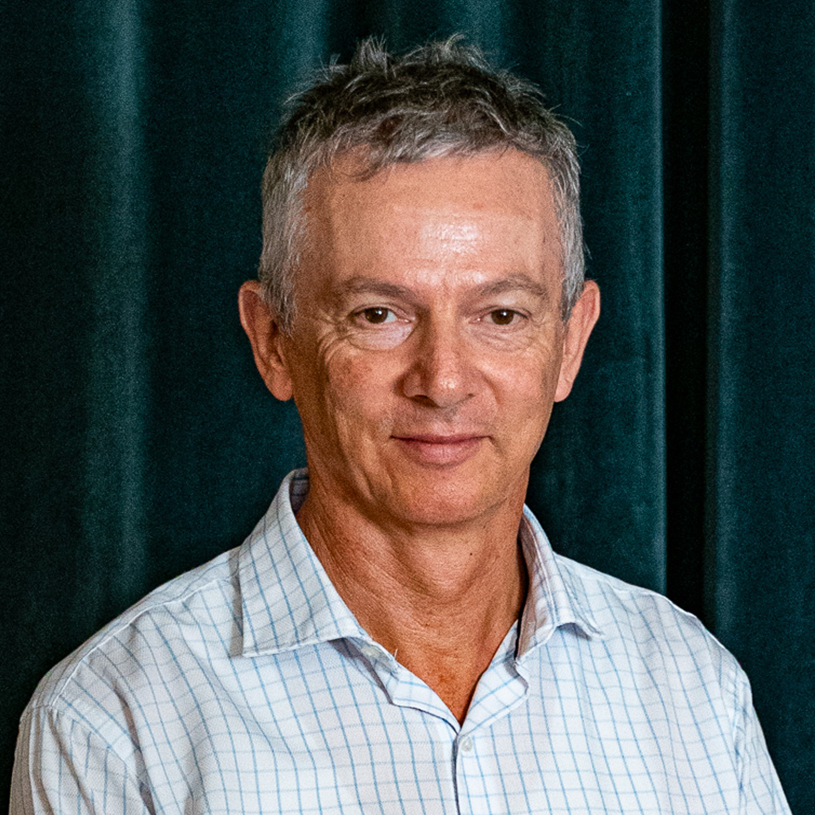
Prof Götz is the Lesleigh Green – Bill and Nancy Green Endowed Chair in Dementia Research and inaugural Director of the Clem Jones Centre for Ageing Dementia Research (University of Queensland). Professor Götz studied biochemistry in Switzerland and earned his PhD in immunology with Nobel Laureate Köhler in Germany. A major focus of his laboratory is to gain insight into how tau and amyloid both separately and synergistically contribute to Alzheimer’s disease. The laboratory further explores therapeutic ultrasound as a treatment modality for Alzheimer’s disease and other brain diseases, both by transiently opening the blood-brain barrier and as a neuromodulatory tool. Prof Götz has published more than 230 papers in leading journals including Cell, Science and Neuron, and has authored many authoritative reviews in the Nature Reviews journal family.
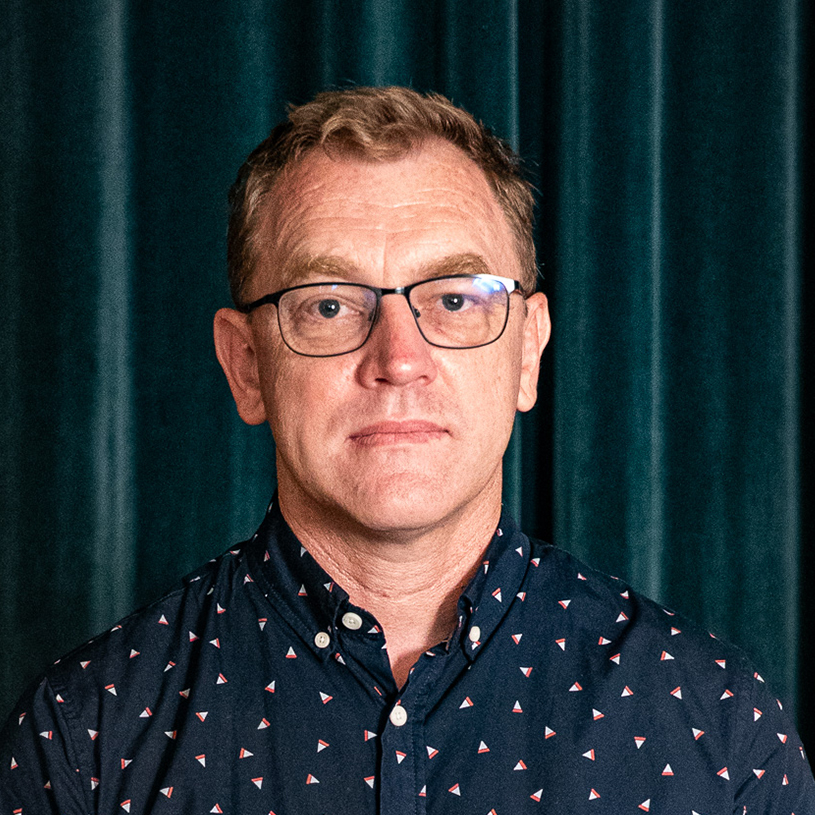
Prof Collins is an NHMRC Investigator Fellow and Director of the Centre for Cell Biology of Chronic Disease at the University of Queensland. His research focuses on membrane trafficking and protein homeostasis, with significant contributions to understanding the “Retromer” protein complex, which has implications for neurodegenerative diseases like Alzheimer’s and Parkinson’s. He has published over 120 papers and received numerous prestigious fellowships and awards. Prof. Collins also serves on the scientific advisory board of Retromer Therapeutics, working on developing Retromer-targeting therapeutics.
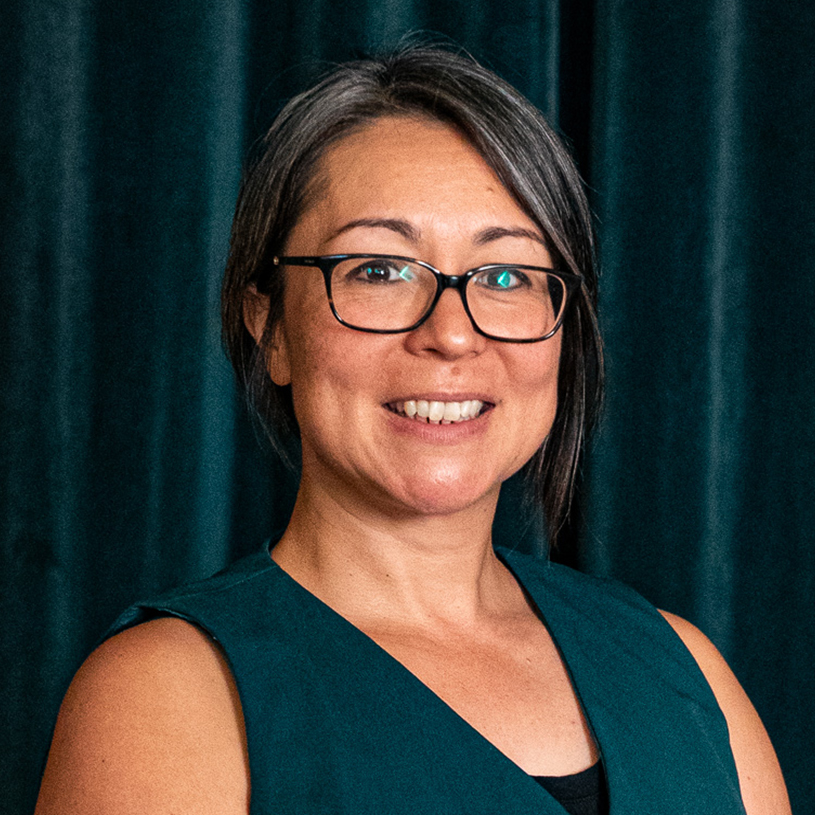
Prof Ooi has over 20 years of experience in cellular neuroscience, focusing on neurodevelopment and neurodegeneration. Since starting her lab in 2012, Prof Ooi has developed innovative models for studying neurodegenerative diseases and testing potential drugs, using stem cells, mouse models, and human post-mortem tissue. Prof Ooi has created a library of over 100 induced pluripotent stem cell lines and published guidelines for disease modelling. Leading numerous national and international research programs, she has secured over $50M in competitive grants and collaborates actively with industry and various research organizations.

A/Prof Zuryn is a molecular geneticist known for his innovative and interdisciplinary research spanning from single genes to whole organism behaviour. His work has elucidated genetic and epigenetic mechanisms that enhance neuronal robustness and dissected complex mitochondrial genetic phenomena. He has developed novel techniques like cell-specific mitochondrial affinity purification and discovered molecules counteracting mitochondrial dysfunction. His significant contributions include revealing how cells undergo natural reprogramming and how proteotoxic species affect mitochondrial quality control in neurons.
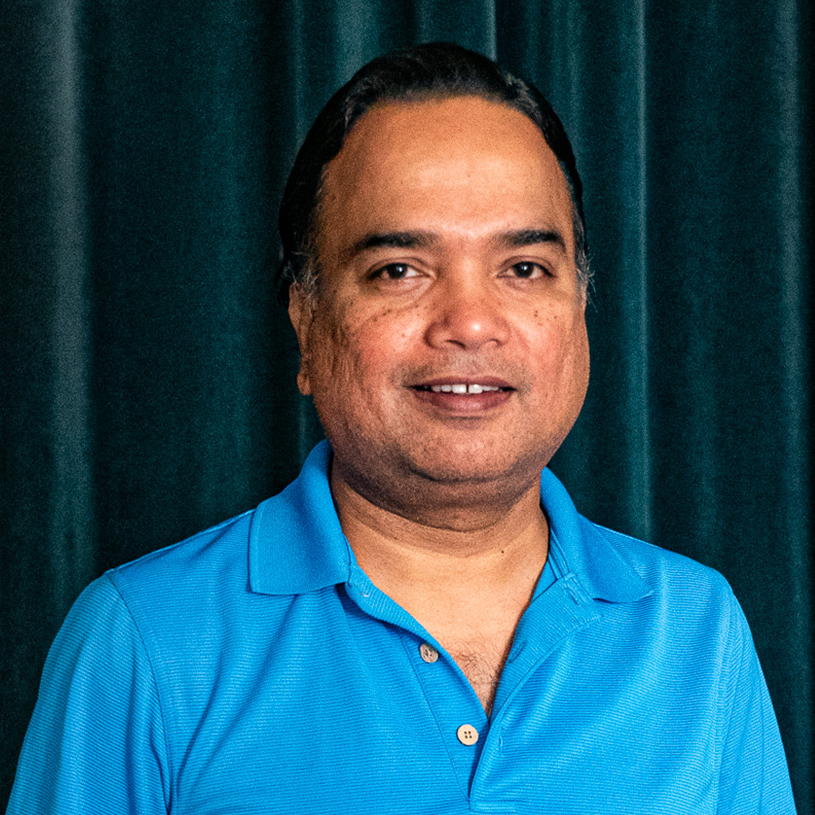
A/Prof Iyer, Director of the ARC Centre for Next-Gen Technologies in Biomedical Analysis, holds a PhD in Materials Science and Engineering from Clemson University. With over $39 million in research funding, he has led numerous multidisciplinary projects and published more than 190 peer-reviewed papers. Recognized with prestigious awards like the Jacques Miller Medal and the WA Young Tall Poppy award, A Prof Iyer’s work focuses on developing multifunctional drug delivery agents. He also holds five patents and continues to contribute to groundbreaking research in targeted gene delivery for brain treatments.
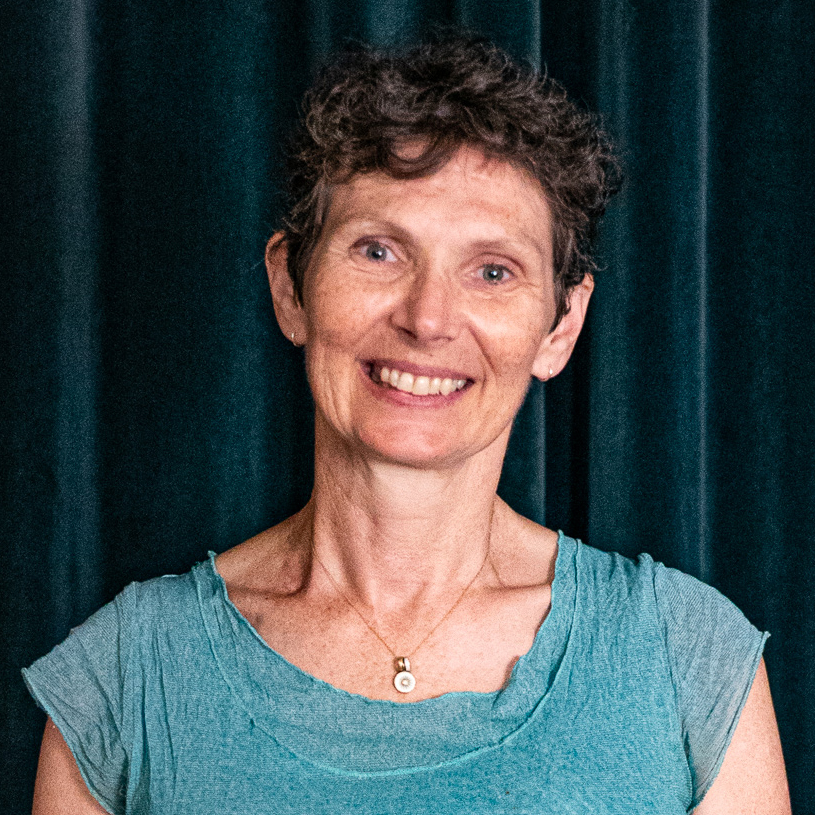
Prof Coulson, a joint Professor at the Queensland Brain Institute (QBI) and the School of Biomedical Sciences, received her PhD in 1997 and established her lab at QBI in 2002. She has made significant discoveries in the molecular mechanisms of neuronal survival and death, particularly involving neurotrophin growth factors, and has translated these findings into treatments for neurodegenerative diseases. Her work includes important contributions to understanding cholinergic basal forebrain neuron degeneration and recent publications on PET and MRI imaging in dementia. Prof Coulson’s international reputation is highlighted by her frequent invitations to speak at prestigious conferences and her extensive clinical collaborations. Prof Coulson co-leads the Capacity Building theme of the MIND-AD CRE.
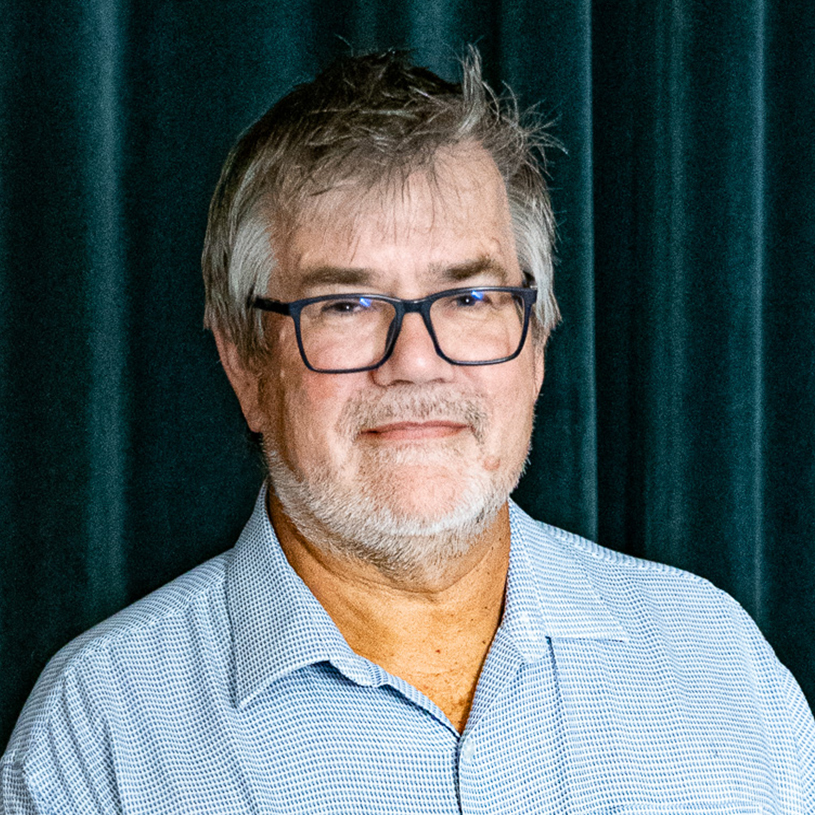
Dist. Prof Vickers is the Director of the Wicking Dementia Research and Education Centre, specializing in neurodegenerative conditions like Alzheimer’s disease. He has an extensive background in laboratory-based neuroscience research and has held several prestigious fellowships. Prof Vickers has led the Tasmanian School of Medicine and contributed significantly to health education, developing various degree programs and MOOCs on dementia. He has also held national leadership roles, including President of the Australasian Neuroscience Society and Chair of the Scientific Panel of the Alzheimer’s Australia Dementia Research Foundation. Dist. Prof Vickers co-leads the Engagement and Collaboration, and Dissemination and Translation themes within the MIND-AD CRE.

Dr Nisbet leads the Antibody Therapeutics Laboratory at The Florey Institute, guiding a team of students and research assistants. With a PhD in Biochemistry and Molecular Biology from the University of Melbourne, Dr Nisbet has over 13 years of experience in developing antibody therapeutics for Alzheimer’s disease, including several patents and a licensed antibody. Her work has been widely recognized, ranking in the top 0.7% of Alzheimer’s researchers globally, and has published 21 research articles in the last decade. She is also actively involved with Dementia Australia and the Childhood Dementia Research Alliance. Dr Nisbet co-leads the Capacity Building theme within the MIND-AD CRE.

A/Prof Lazarou is a leading expert in mitochondrial quality control and biology, focusing on neurodegenerative diseases with over 14 years of experience. He leads a team at WEHI and holds a co-appointment at Monash University, with significant funding from NHMRC and ARC. A/Prof Lazarou has 64 publications with over 11,000 citations, and his research has earned international recognition, including editorial roles and consulting for pharmaceutical companies. His lab is known for pioneering techniques in mitophagy and mitochondrial analysis, and he has extensive expertise in CRISPR/Cas gene editing and advanced cell biology analyses.

Prof Nestor is a Conjoint Professor of Cognitive Neurology at the Queensland Brain Institute and the Mater Public Hospital, South Brisbane, with over 20 years of experience in degenerative dementias. He is an expert in clinical, neuropsychological, and imaging features of dementia, with a PhD from the University of Cambridge. Prof Nestor has published around 150 papers, boasting a Scopus H-Index of 61 and over 14,400 citations. Since 2017, he has led the Memory and Cognitive Disorders clinic at the Mater Public Hospital, focusing on young-onset and atypical dementia presentations. Prof Nestor co-leads the Engagement and Collaboration theme within the MIND-AD CRE.
Our People
Associate Investigators

A/Prof Anggono is a neurochemist and neuronal cell biologist, currently an Associate Professor at the Queensland Brain Institute, The University of Queensland. He received his PhD from the University of Sydney in 2007 and conducted postdoctoral training at Johns Hopkins University. Anggono has published 60 papers, received numerous accolades, and secured continuous research funding. He leads a team of 10 researchers and has a strong track record of mentoring PhD and Honours students.

Dr Padmanabhan, an NHMRC emerging leadership fellow, integrates quantitative microscopy and mathematical modelling to uncover mechanisms behind human diseases. His work has led to numerous publications in top journals like Nature Communications and eLife. He has secured over $2.5 million in grant funding and his students have received prestigious scholarships. Dr Padmanabhan is recognized internationally, with invitations to speak at major seminars and review for leading journals.

Dr. Shepherd is the Director of the Sydney Brain Bank, leading a team of researchers in translational neuroscience. She heads the Shepherd Dementia Team at Neuroscience Research Australia and manages the NeuRA Volunteers Brain Donor Program. Dr Shepherd co-founded the Brain Health and Dementia Centre at NeuRA, focusing on ageing and dementia research. Her work has led to significant discoveries in neurodegeneration and brain ageing, published in high-impact journals.
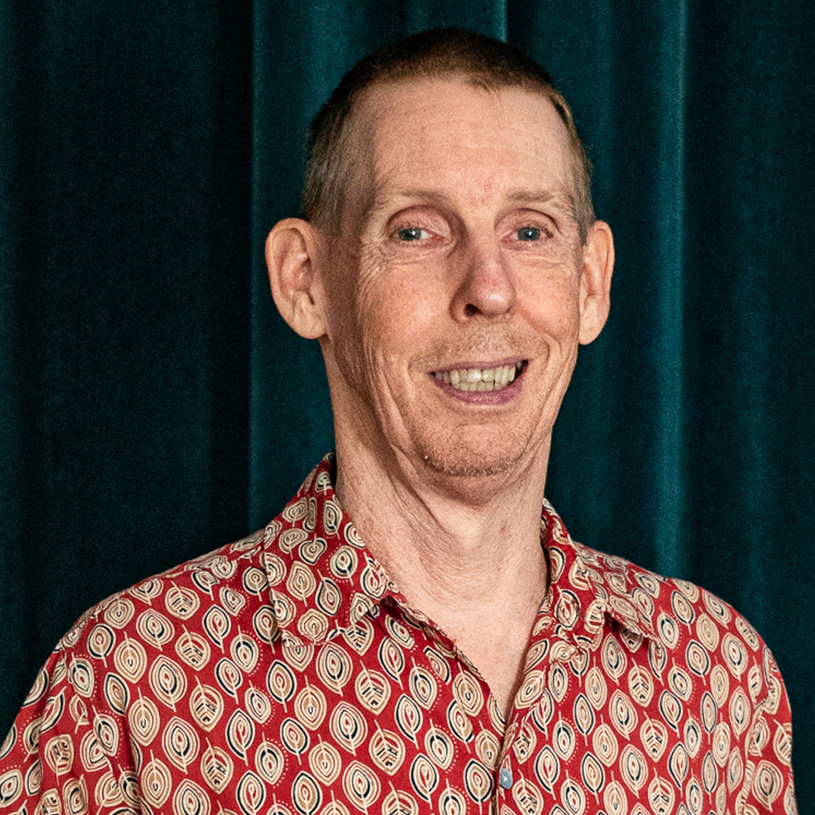
With a BSc and PhD in Neuroscience (1996), Prof White has 25 years of experience in developing neuronal and glial cell models, leading to over 170 publications. He co-founded Procypra Therapeutics, advancing a metal-drug to Phase II clinical trials for motor neuron disease. His expertise spans human iPSC brain cell culture, brain cell signalling, and various molecular biological techniques. He has successfully led his research team since 2004, securing over $10 million in grants.

Dist. Prof Frank LaFerla is the Dean of the UC Irvine Charlie Dunlop School of Biological Sciences and a Distinguished Professor in Neurobiology and Behaviour. He directs the NIH-funded UC Irvine Alzheimer’s Disease Research Center and co-directs MODEL-AD at UCI. His research on Alzheimer’s Disease has had a global impact, with his models being used by over 150 researchers in more than 20 countries. LaFerla has published over 225 peer-reviewed articles and received numerous prestigious awards, including the Ellis Island Medal of Honor.
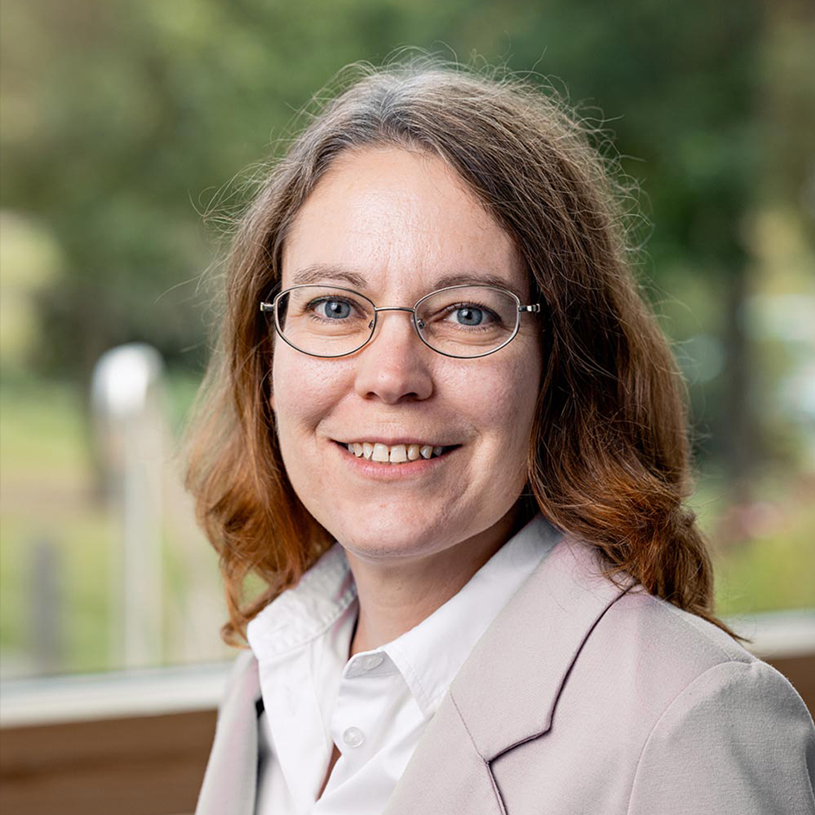
Dr David is a senior group leader at the Babraham Institute, Cambridge, UK. She earned her PhD at the University of Zürich, where she studied tau pathology and mitochondrial impairment. Her postdoctoral work at UCSF revealed protein aggregation during normal ageing in C. elegans. Her current research focuses on age-dependent protein aggregation and its impact on functional decline, supported by various prestigious grants.

Prof Danny Hatters is a seasoned protein biochemist with over 20 years of research experience, focusing on neurodegenerative diseases like Huntington’s and Motor Neuron Disease. Since 2007, he has led a laboratory team of 5-10 members, specializing in quantitative proteomics, RNAseq, cell biology, and imaging. Hatters has successfully managed numerous projects funded by NHMRC, ARC, and international grants, including a Human Frontiers grant. His research has evolved from protein biochemistry methods to omics and systems biology approaches.

Prof Mattingley is the Foundation Chair in Cognitive Neuroscience at The University of Queensland, with joint appointments in the Queensland Brain Institute and the School of Psychology. He holds an NHMRC Investigator Fellowship and has published over 300 articles in top journals, with his work cited more than 24,000 times. His research focuses on how the brain supports perception, cognition, and motor behaviour, using techniques like brain imaging and computational modelling. He has received numerous awards, including being elected a Fellow of the ASSA and a Senior Fellow of the Canadian Institute for Advanced Research.

Dr Kretzmann, awarded a PhD from The University of Western Australia in 2020, is a pioneering researcher in polymer and DNA technology for biotechnological applications. They have received prestigious fellowships and awards, including the Forrest Fellowship and Humboldt Fellowship, and have published extensively in leading journals. Dr. Kretzmann’s groundbreaking work includes developing non-viral CRISPRa delivery systems and discovering novel interactions between gold nanoparticles and DNA. Recognized for their leadership, Dr. Kretzmann has been invited to speak at international conferences and has established a DNA nanotechnology facility in Western Australia.
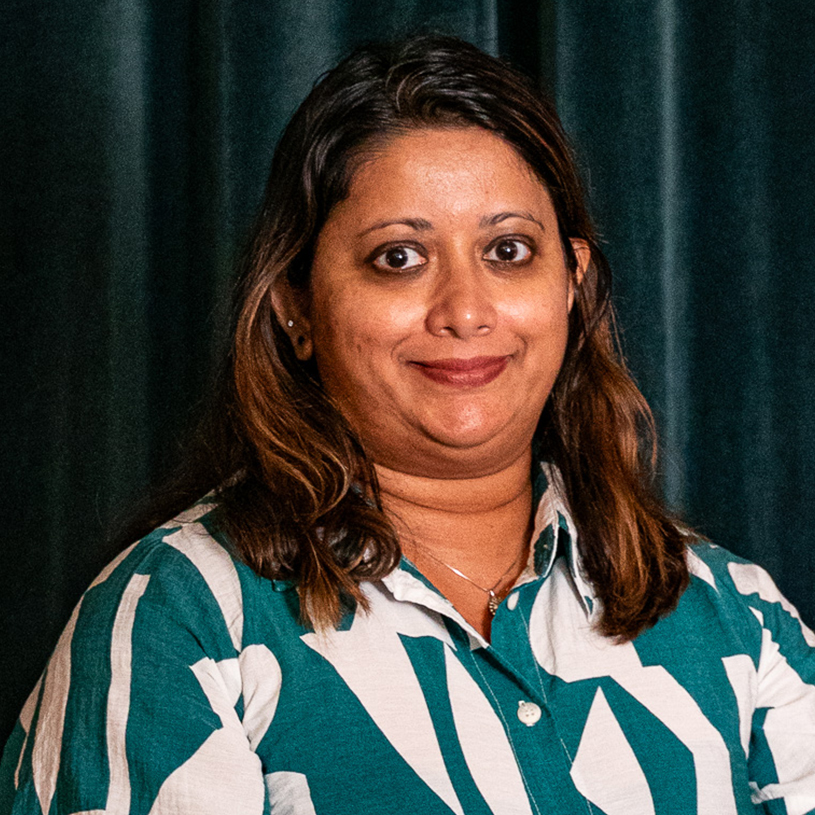
Prof Dissanayaka is an internationally recognized leader in dementia research. She founded and directs the Dementia and Neuro Mental Health Research Unit at UQCCR, leading multidisciplinary, clinically focused research with extensive collaborations. Her work spans basic science, large-scale clinical research, and implementation science, with significant contributions to technology-assisted remote psychotherapy and early detection of Lewy body dementias. Dissanayaka is also deeply committed to community engagement, leading initiatives like the UQ Dementia Friendly University Initiative and receiving numerous awards for her contributions to research and community service.
Our People
Coordinating Team

Rebecca Bibby
Senior Manager

Laura Signline
Coordinator
Our People
Students
MIND-AD
CENTRE OF RESEARCH EXCELLENCE
OUR PARTNERS










Copyright © 2025
